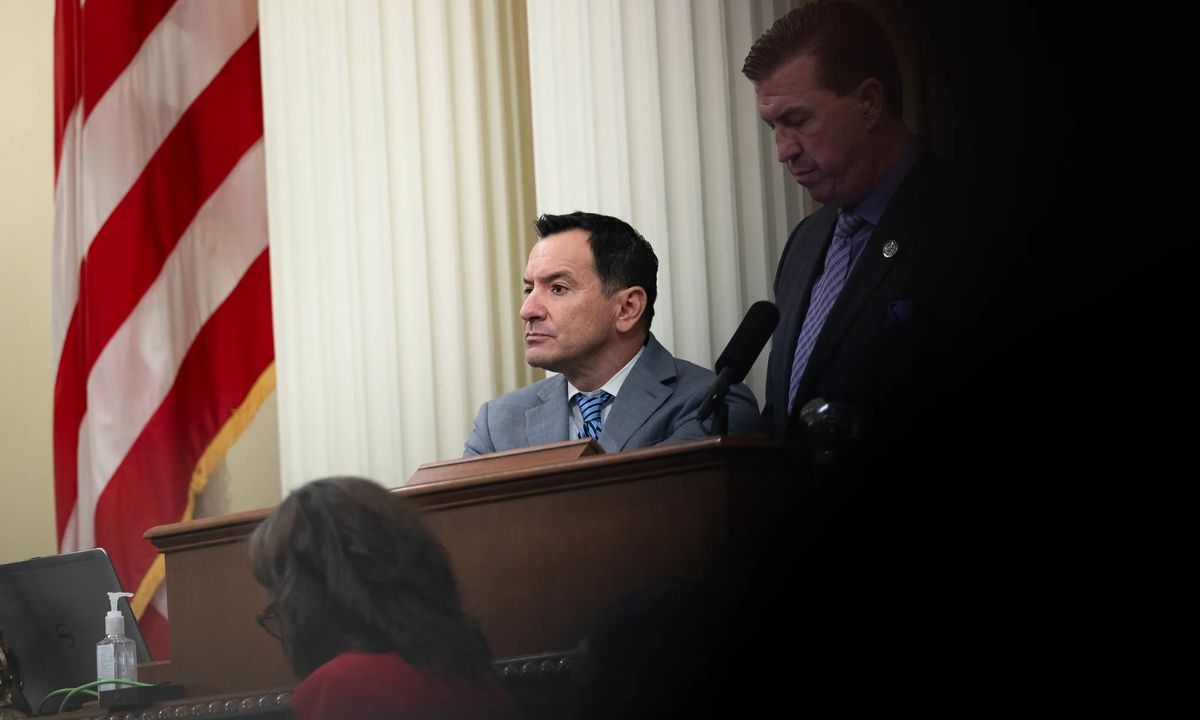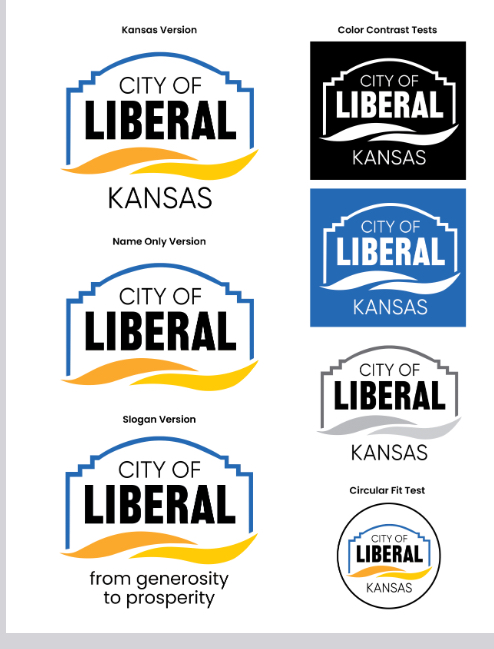State education officials, school administrators, and advocacy organizations across the country are alarmed about how the U.S. Department of Education’s decision this week to withhold $6.8 billion in federal K-12 funding for the upcoming year will impact their after-school, enrichment, and language-learning programs.
According to Mary Kusler, senior director for the Center for Advocacy at the National Education Association, states are in a state of panic as they attempt to determine which programs would be discontinued in the event that the Trump administration freezes the funds. Congress authorized the funds to help low-income children and adults learn to read, immigrants, English language learners, and others.
The inability of educational systems to withdraw funds as of July 1 puts hiring, summer activities, and early-year preparation for the 2025–2026 academic year at risk.
Title III-A (English learner support), Title IV-A (student enrichment and after-school), Title II-A (educator training and recruitment), migrant education, adult education, and literacy grants are among the basic programs that are impacted by the budget freeze. In his proposed budget for the upcoming fiscal year, Trump has suggested doing away with all of those programs; however, Congress has not yet approved the idea.
School districts are currently rushing to make decisions after receiving missives from state superintendents earlier this week.
Eric Mackey, the state superintendent of Alabama, told Politico this week that dependability and consistency are more important than political ideology. This was not a concern for any of us.
According to the administration, the programs are being reviewed.
In its announcement on Monday, the U.S. Department of Education wrote to states that it is still dedicated to making sure public funds are used in line with the President’s priorities and the Department’s statutory obligations.
In order to provide schools enough time to properly plan and prepare for the upcoming academic year, the department has historically released allocations by July 1. Education and state officials warned Stateline that withholding the funds could lead to program cancellations, hiring restrictions, and the loss of critical assistance for migrant children, English language learners, and other high-need groups.
According to a statement from David R. Schuler, executive director of the School Superintendents Association, district budgets are managed by public school administrators in America and rely on a complicated collaboration between federal, state, and local financing. In order to maintain stability, enable appropriate planning, and guarantee kids’ continuous access to education, school districts have depended for decades on prompt confirmation of their federal appropriations prior to the fiscal year’s July 1 start date.
According to data from the NEA and the education think tank Learning Policy Institute, California ($810.7 million), Texas ($660.9 million), and New York ($411.7 million) are the states with the highest withholding amounts.
According to the Learning Policy Institute, the freeze impacts more than 15% of the total federal K-12 funding for 17 states and territories. The interruption is particularly severe for smaller jurisdictions like Vermont and the District of Columbia, where over 20% of their federal K–12 budgets are still unavailable.
Susan C. Cordova, the commissioner of education for Colorado, advised school districts to start making backup plans in case funding is not made available by the end of the federal fiscal year on September 30. As states oppose the second Trump administration’s funding revocations or delays, California State Superintendent Tony Thurmond alluded to potential legal action, which has becoming a theme.
Thurmond said in a statement that California would keep using all of its legal options to address the Trump Administration’s illegal withholding of congressionally approved federal cash.
Calling the administration’s delay an unconstitutional impoundment and a breach of the federal Impoundment Control Act, which prohibits the executive branch from withholding earmarked monies without congressional consent, the NEA and the NAACP have sued for a preliminary injunction.
Education activists caution that the Trump administration’s latest move to cut funding is part of a larger trend of the federal government’s withdrawal from public education.
Nonprofits in the community warned that the embargo would also ruin their activities. According to a statement from President and CEO Jim Clark, the Boys and Girls Clubs of America may have to close more than 900 locations, which would impact more than 220,000 children and result in the loss of 5,900 jobs.
The president may propose to rescind congressionally approved money under the 1974 Impoundment Control Act. The request has 45 days for lawmakers to accept it; if they don’t, it’s rejected. Agencies can be instructed not to use the money during that period.
According to a White House statement provided to States Newsroom this week, preliminary research indicates that numerous grant programs have been egregiously abused to fund extremist left-wing agendas.
According to Kusler of the NEA, the people who are losing are working families, educators, and children. Communities and governors must now take action.









